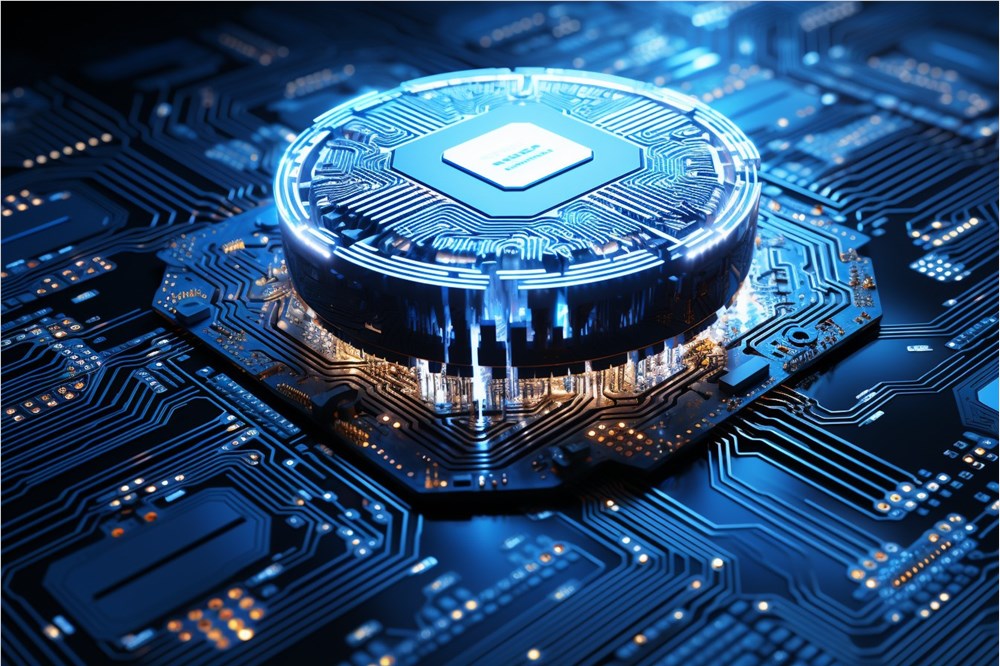Engineers at the University of Pennsylvania have successfully developed a newchip, using light waves to perform mathematical calculations required to train artificial intelligence. This innovation is believed to have the potential to revolutionize the performance of computer chips, not only significantly improving processing speeds but also reducing energy consumption, and is expected to play an important role in online privacy protection.

Source Note: The image is generated by AI, and the image is authorized by Midjourney
This newSilicon photonic chipsThe silicon photonic chip is fundamentally different from the widely used chip principles. Current computer chips are still based on the principles of the early "computing revolution" in the 1960s, while this silicon photonic chip isfirstCombining Professor Nader Engheta's research in nanoscale material manipulation with the use of light for mathematical computing.
Light is considered the fastest means of communication, and the team of engineers, working with Firooz Aflatouni, a professor of electrical and systems engineering at the University of Pennsylvania, said in a paper published in Nature Photonics that their goal was to develop a platform that performs "vector-matrix multiplication" operations.
"Vector-matrix multiplication" is a crucial mathematical operation in the development of neural networks needed for artificial intelligence tools. To achieve this goal, engineers control light by thinning the silicon by about 150 nanometers in specific areas of the chip, causing it to scatter in a specific pattern.
The innovative chip has huge potential applications, not only to boost computer performance but also to improve online privacy. Because the chip can perform multiple calculations simultaneously, sensitive information does not need to be stored in the computer's "working memory", making it almost impossible to hack.
The development of this silicon photonic chip marks a major breakthrough in computer technology, which is expected to promote the development of artificial intelligence and bring revolutionary changes in computing performance and privacy protection.